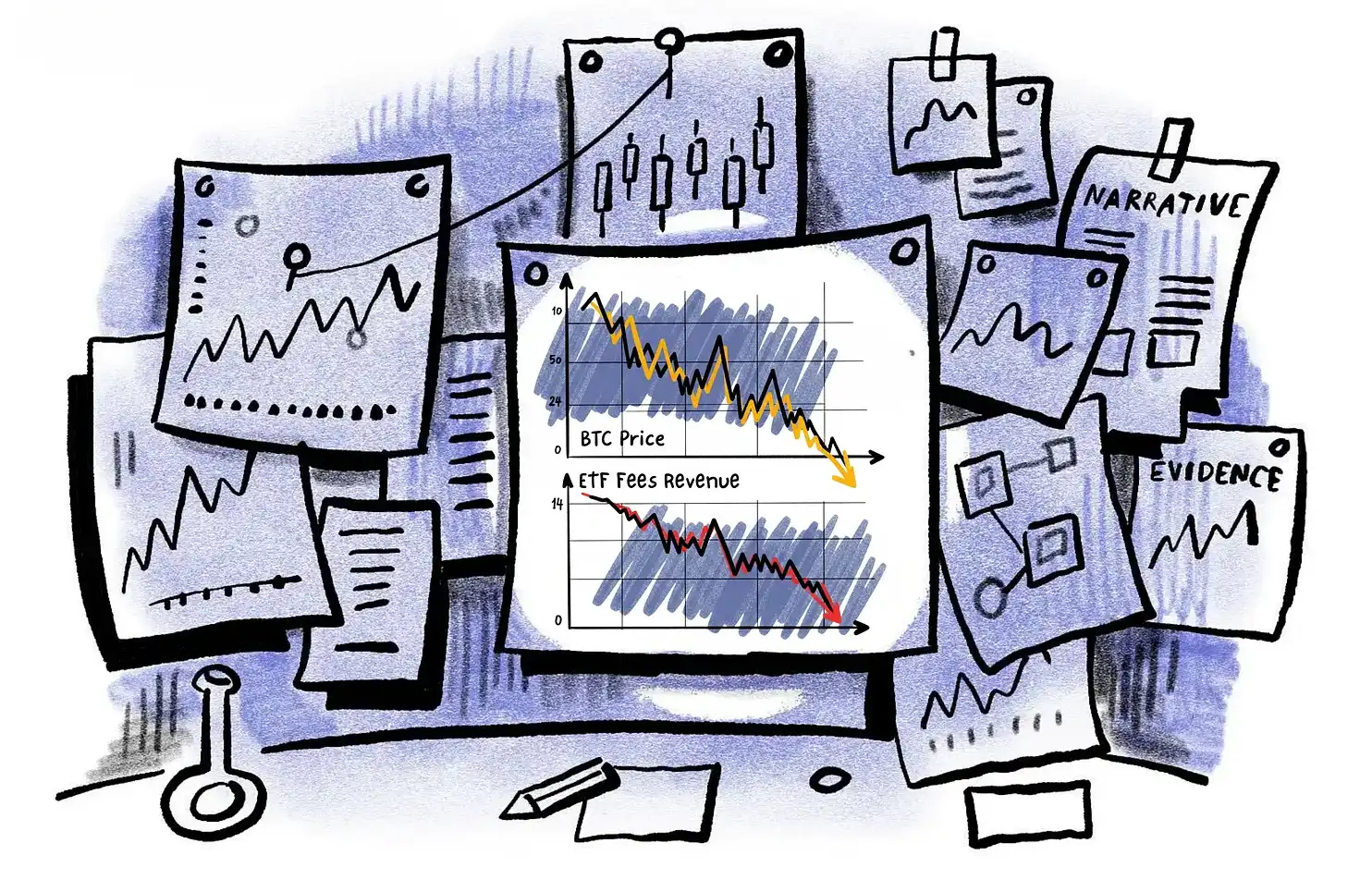Senate Banking Committee Releases Draft of Market Structure Legislation
The Senate’s draft market structure bill reshapes crypto rules with staking and airdrop exemptions, agency coordination, and new developer protections.
The Senate Banking Committee just released a draft of its impending market structure legislation. This 182-page document includes many important changes from the last known version.
A few particular areas of interest include airdrops and staking, DePIN, and coordination between relevant agencies. Moreover, it expands the usage of regulatory exemptions, which the CFTC has recently been employing.
New Market Structure Legislation
has been a hot topic in the last few months, and the CLARITY Act has been a particularly influential bill. It’s remained in a certain limbo after passing a House vote in July, but the Senate Banking Committee has been revising it.
A draft version of this crypto market structure legislation is currently circulating.
— Eleanor Terrett (@EleanorTerrett) September 5, 2025
NEW: The Senate Banking Committee’s latest market structure draft reflects stakeholder and lobbyist feedback. Here are some standouts from the text:1. Ancillary Assets (Section 101): This section aims to provide more legal clarity, exclude assets that are clearly…
Although the full text hasn’t been publicly released, journalists have been scouring the 182-page document. The bill offers substantial changes to the crypto market structure, covering areas of particular interest to the community.
For example, the bill explicitly tackles the question of whether or not staking rewards are securities, which has substantial market implications.
The Committee is continuing a trend of excluding assets from the securities designation, mentioning airdrops as another exemption.
The Laissez-Faire Attitude Expands
The market structure bill also includes explicit protections for software developers, which were not in the CLARITY Act. This may be a reaction to the controversial Roman Storm trial, which saw SEC Commissioners and DOJ spokesmen alike criticize the aggressive prosecution.
Additionally, the bill seeks to formalize coordination between the SEC and CFTC, which has already been ongoing. The two Commissions are set to work together on a Joint Advisory Committee to resolve disputes and determine policy.
In a joint letter released earlier today, these two agencies described a concept that’s gaining steam in this bill.
The crucial through-line in this market structure legislation is simple: continuing the war against crypto enforcement. Several of its clauses latch onto one common idea, issuing exemptions from the law. DePIN networks and DeFi developers will apparently gain explicit green lights to disregard certain existing regulations.
This may sound far-fetched, but it already happened earlier this week. Two days ago, the CFTC issued a no-action letter to Polymarket, directly claiming that it wouldn’t bring enforcement actions against the firm for certain violations. This will allow the platform to return to the US despite an ongoing ban.
In other words, this market structure bill may expand the usage of this technique. The crypto industry has long complained that existing TradFi-oriented regulations are insufficient for Web3 and that bespoke new models are necessary.
These exemptions might be the key to helping facilitate that transition.
This bill has a long way to go before it becomes a law, however. There’s a lot of momentum behind pro-crypto legislation, but it’s unclear what the finalized market structure agreement will look like. This document may yet change substantially.
Disclaimer: The content of this article solely reflects the author's opinion and does not represent the platform in any capacity. This article is not intended to serve as a reference for making investment decisions.
You may also like
Mars Morning News | Ethereum Fusaka upgrade officially activated; ETH surpasses $3,200
The Ethereum Fusaka upgrade has been activated, enhancing L2 transaction capabilities and reducing fees; BlackRock predicts accelerated institutional adoption of cryptocurrencies; cryptocurrency ETF inflows have reached a 7-week high; Trump nominates crypto-friendly regulatory officials; Malaysia cracks down on illegal Bitcoin mining. Summary generated by Mars AI. The accuracy and completeness of this summary are still undergoing iterative updates.

Do you think stop-losses can save you? Taleb exposes the biggest misconception: all risks are packed into a single blow-up point.
Nassim Nicholas Taleb's latest paper, "Trading With a Stop," challenges traditional views on stop-loss orders, arguing that stop-losses do not reduce risk but instead compress and concentrate risk into fragile breaking points, altering market behavior patterns. Summary generated by Mars AI. The accuracy and completeness of this summary are still being iteratively improved by the Mars AI model.

With capital outflows from crypto ETFs, can issuers like BlackRock still make good profits?
BlackRock's crypto ETF fee revenue has dropped by 38%, and its ETF business is struggling to escape the cyclical curse of the market.

Incubator MEETLabs today launched the large-scale 3D fishing blockchain game "DeFishing". As the first blockchain game on the GamingFi platform, it implements a dual-token P2E system with the IDOL token and the platform token GFT.
MEETLabs is an innovative lab focused on blockchain technology and the cryptocurrency sector, and also serves as the incubator for MEET48.

